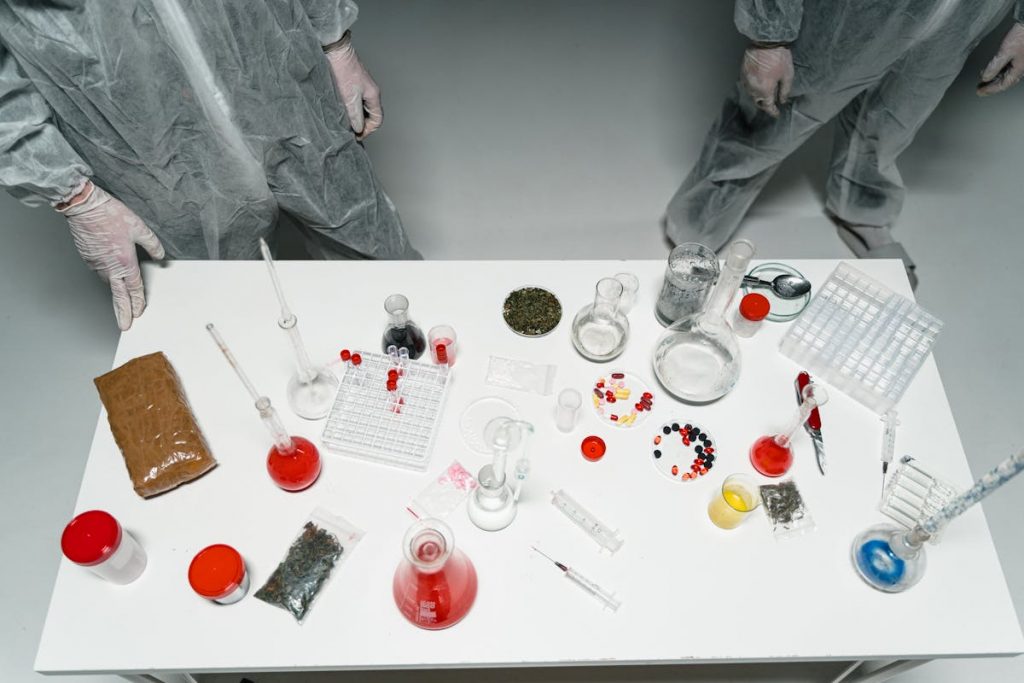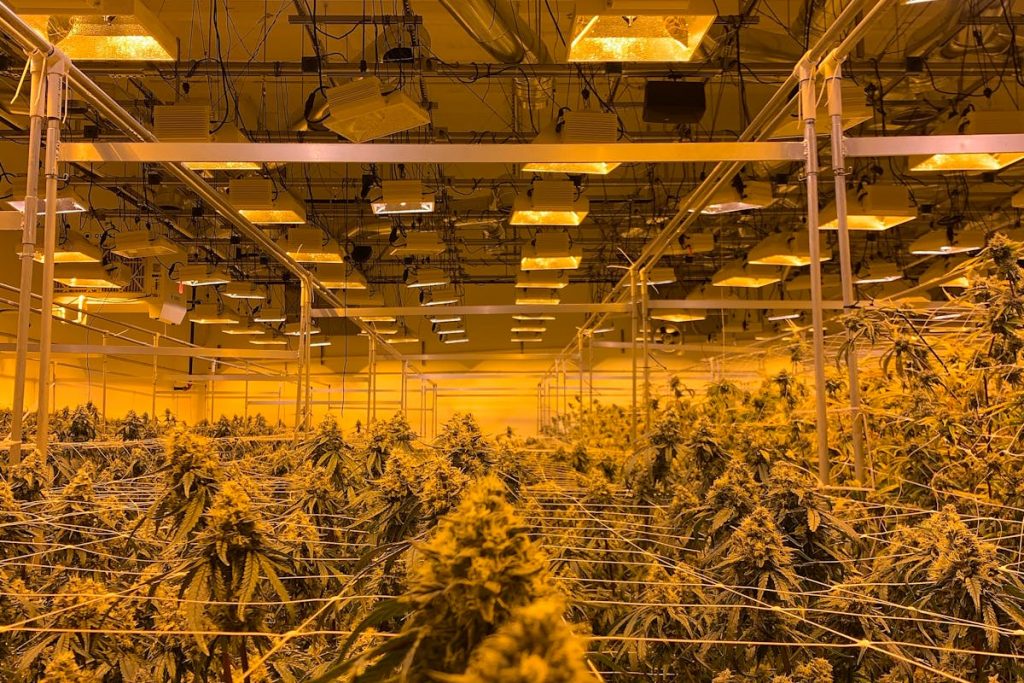- Automated testing, advanced detection methods, and integrated quality management systems are shaping the future of cannabis testing.
- Potential advancements such as portable devices and real-time analysis tools will make testing more accessible and efficient.
- Challenges in maintaining industry standards present opportunities for businesses to differentiate themselves through superior quality control.
- By prioritizing safety, compliance, and continuous improvement, the cannabis industry can build consumer trust and thrive in a competitive market.
As the cannabis industry experiences unprecedented growth, the importance of quality control and testing has never been more critical. Ensuring that cannabis products are safe, effective, and compliant with regulations is fundamental to the industry’s continued success. In this article, we will explore the essential roles that quality control and testing play in the cannabis sector, covering aspects such as product safety, standardized testing procedures, regulatory compliance, traceability, and the future of cannabis testing.
The Role of Cannabis in Today’s Market
The cannabis industry has undergone a significant transformation over the past decade. Increasing acceptance and legalization have paved the way for cannabis to be utilized in various forms, including medical, recreational, and industrial applications.
Increasing Acceptance and Legalization
The shift in public perception towards cannabis has led to widespread legalization across numerous states and countries. This acceptance has opened up new opportunities for cultivators, extract producers, and infused product manufacturers.
Diverse Uses of Cannabis
Cannabis is now recognized for its diverse applications:
- Medical: Used to treat conditions such as chronic pain, epilepsy, and anxiety.
- Recreational: Consumed for its psychoactive effects.
- Industrial: Utilized in products like hemp-based textiles, building materials, and biofuels.
Economic Impact and Market Growth
The economic impact of the cannabis industry is profound. It contributes billions to national economies and creates thousands of jobs. Market projections indicate continued growth, with new product innovations and expanding consumer bases.
Essential Pillars in the Cannabis Industry
Quality control and testing form the backbone of a reliable and thriving cannabis industry. Let’s delve into the key components that ensure the integrity of cannabis products.

Ensuring Product Safety with Cannabis Testers
Product safety is paramount in the cannabis industry. A skilled cannabis tester plays a vital role in maintaining high quality control standards. Hiring experienced testers ensures that cannabis products are contaminant-free and meet potency specifications. These professionals use advanced techniques to scrutinize every batch, ensuring consistency and safety.
Cannabis testers are responsible for detecting harmful substances such as pesticides, heavy metals, and microbial contaminants. They also measure the potency of cannabinoids and terpenes, guaranteeing that products deliver the expected effects.
Accredited testing labs provide independent verification of product quality. Their rigorous testing protocols enhance consumer confidence, knowing that the products they consume are safe and meet regulatory standards.
Implementing Standardized Testing Procedures
Consistency in testing is crucial for reliable results. Standardized testing procedures ensure that all products are evaluated under the same criteria. Standardized protocols eliminate variability in testing, enabling reproducible and accurate results. This consistency is essential for maintaining product integrity across different batches.
Common tests include:
- Potency Testing: Determines the concentration of cannabinoids like THC and CBD.
- Pesticide Testing: Identifies the presence of harmful pesticides.
- Microbial Testing: Detects microbial contaminants such as mold, yeast, and bacteria.
Adherence to standardized practices ensures that all products meet the same quality benchmarks, reducing the risk of product recalls and enhancing consumer trust.
Regulatory Compliance and Certification
Navigating the complex regulatory landscape is a significant challenge for cannabis businesses. Compliance and certification are necessary for legal operation and consumer safety. Regulations vary by region but typically include requirements for labeling, packaging, testing, and reporting. Staying informed about these regulations is crucial for compliance.
Certifications from recognized bodies such as ISO or GMP signal to consumers and regulators that a business adheres to high-quality standards. These certifications can also open doors to new markets. Here are some tips for maintaining compliance with changing regulations:
- Stay Informed: Regularly review updates from regulatory bodies.
- Invest in Training: Ensure staff are knowledgeable about compliance requirements.
- Audit Regularly: Conduct internal audits to identify and address compliance gaps.
Traceability and Transparency in Production
Traceability and transparency are critical for building consumer trust and ensuring product integrity from seed to sale. Traceability systems track the journey of cannabis products from cultivation to final sale, ensuring accountability at every stage. This transparency helps prevent contamination and counterfeiting.
Consumers are more likely to trust brands that are open about their production processes. Transparent practices demonstrate a commitment to quality and safety. Technological solutions such as blockchain and RFID tracking systems provide real-time data on product provenance, enhancing traceability and accountability.
What the Future Holds
The future of cannabis testing and quality control is promising, with advancements in technology and evolving industry standards shaping the path forward.

Emerging Trends in Cannabis Testing and Quality Control
- Automated Testing: Robotics and AI are streamlining testing processes.
- Advanced Detection Methods: New techniques are improving the accuracy and speed of contaminant detection.
- Integrated Quality Management Systems: Comprehensive systems are simplifying compliance and quality assurance.
Potential Advancements in Testing Technology
Innovations such as portable testing devices and real-time analysis tools are on the horizon. These advancements will make testing more accessible and efficient.
Future Challenges and Opportunities in Maintaining Industry Standards
As the industry grows, challenges such as regulatory changes and market competition will arise. However, these challenges also allow businesses to innovate and differentiate themselves through superior quality control.
Wrapping Up
Quality control and testing are the cornerstones of a successful and reputable cannabis industry. By prioritizing safety, compliance, and continuous improvement, cannabis businesses can build consumer trust and thrive in an increasingly competitive market. As we look to the future, staying ahead of emerging trends and advancements in testing technology will be crucial for maintaining high standards and ensuring the industry’s continued growth and success.

